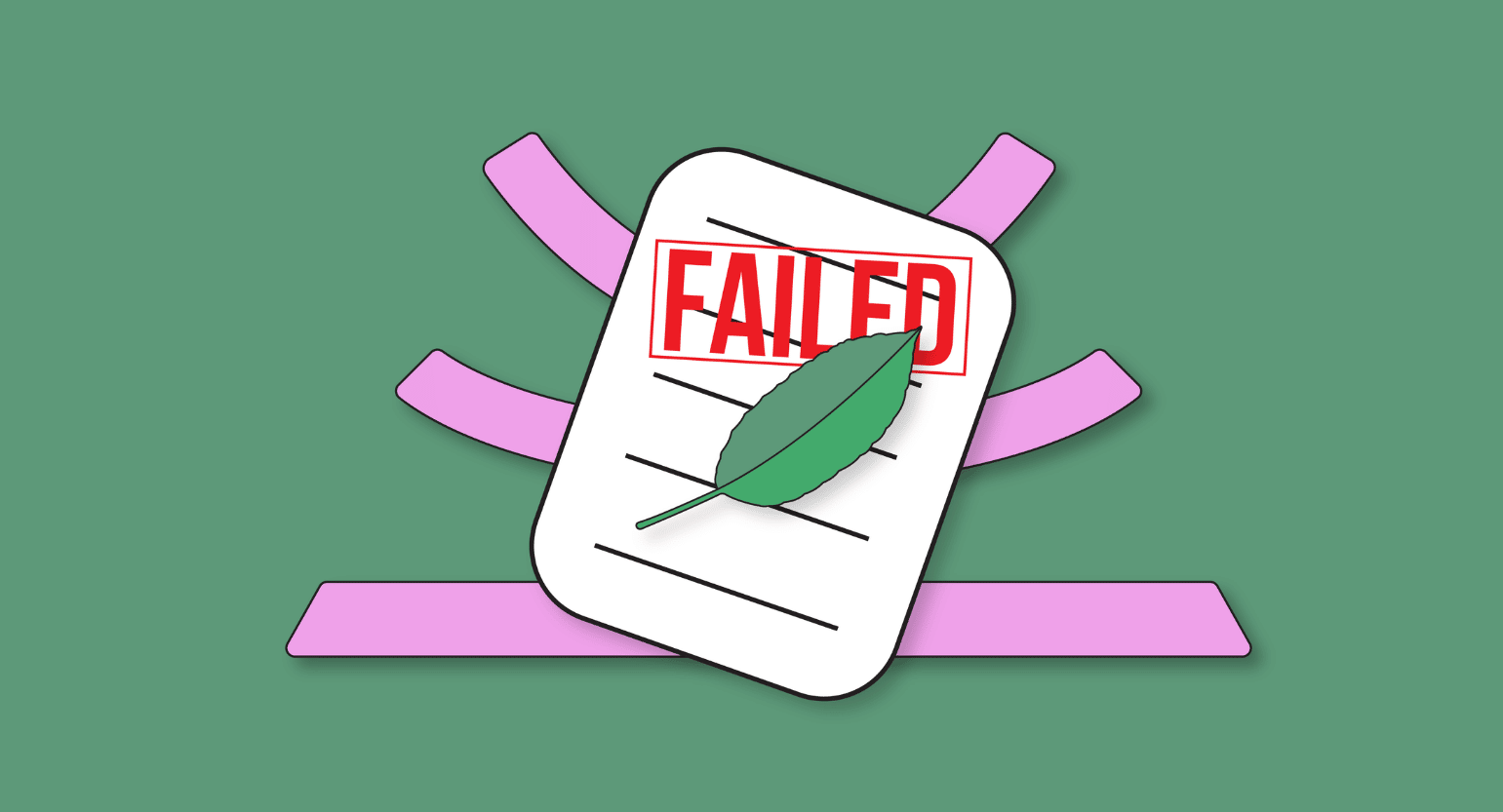What is National Suicide Prevention Month?
National Suicide Prevention Month is a time dedicated to helping those in crisis and bringing awareness to suicide prevention. While everyone undoubtedly believes that suicide can and should be prevented, knowing what to do when someone you know has suicidal thoughts or tendencies is not intuitive.
Suicide is preventable, but it takes a community surrounding the individual in crisis to help get them through their challenging experiences. National Suicide Prevention Month is a time for healthcare workers, supporters, and other caring individuals to spread awareness about how to prevent suicide and help increase outreach to those struggling with mental illness.
When Is National Suicide Prevention Month?
Every year, September is National Suicide Prevention Month. Although suicide prevention awareness is necessary every day of the year, September is when health care professionals, family members, and those affected by suicide band together to spread awareness and shed light on this tragedy.
When Is World Suicide Prevention Day?
While September has been declared National Suicide Prevention Month, September 10th, in particular, is World Suicide Prevention Day. It’s believed that the 10th was chosen because suicide is the tenth-highest cause of death in the United States.

When Is National Suicide Prevention Week?
National Suicide Prevention Week is a single week in September focused on suicide prevention and awareness. It begins the Monday before September 10th — or on September 10th if that’s a Monday — and ends the Sunday after September 10th — or on September 10th if it’s a Sunday.
What You Can Do to Make a Difference
Suicide prevention can seem like a daunting task, but you might be surprised to learn that there are simple things you can do for a suicidal individual to get them past those thoughts.
The Suicide Prevention Lifeline discusses some of the simple things you can do to make a difference and, potentially, save a life:
1. Make sure the person knows you care
If you feel someone you know is suicidal or might be struggling with thoughts of self-harm, simply asking them how they are and showing an interest in their well-being can make an enormous difference. Often, people considering suicide feel alone, so connecting with them and genuinely showing that you care could help get them beyond those negative feelings.
2. Be willing to listen and sit with the person
Being there for those who are suicidal is crucial, and you don’t always have to know what to say. Being there can simply mean listening and letting them know that you care enough to dedicate your time to help them through challenging times.
3. Remove any items that can cause self-harm
If you’re helping someone through suicidal thoughts, a simple way to help get those ideas behind them is to remove anything that could be lethal without judgment. Sometimes just not being exposed to certain things can help lower the risk of that person acting on their thoughts.
4. Help the person find other people and resources that can help
Individuals experiencing suicidal thoughts, or tendencies need a network of people and resources to overcome their challenges. Don’t assume you have to or can provide everything the individual needs; instead, connect them to suicide prevention hotlines, speak with them about whom you can tell to help, and provide them with anything else they might need.
5. Continue to follow up with the person; offer ongoing help
While intercepting a suicide attempt can make an enormous difference for the individual you’re helping, they will likely need continuous communication and connection. It’s essential to continue to follow up with the person, make sure they’re alright, and assure them that you will continue to be there for them and care about them, even though the immediate threat might be behind them.

Wrapping Up: The Importance of Suicide Prevention Month
September is the National Suicide Prevention Month of every year, and it’s a time for caring individuals to come together and spread the message that suicide is preventable. The month is also about educating everyone on simple steps to prevent suicide and get help for those in need.
If you’re concerned that someone you know is having suicidal thoughts, the best thing you can do is reach out to them to show them that you care. Connecting with them and listening without judgment could save their life, and following up and providing them with the necessary resources can help them continue to cope in the future.
Resources for Those in Crisis
Thankfully, there are many resources available for those with suicidal thoughts and those helping individuals through troubling times. Below are some valuable resources that can make a world of difference and help prevent suicide.
- If you or someone you know is in immediate danger, call 911 for the fastest response.
- If you or someone you know is having suicidal thoughts, but there is no immediate danger, call the National Suicide Hotline for help at 1-800-273-TALK (1-800-273-8255)
- If you aren’t comfortable talking on the phone or only have access to a computer, you can use the National Suicide Prevention Lifeline’s online chat option to speak to someone via an online chat room.
- If you prefer to text over calling or using the chat room, you can text HOME to 741741 to connect with someone from the Crisis Text Line.









